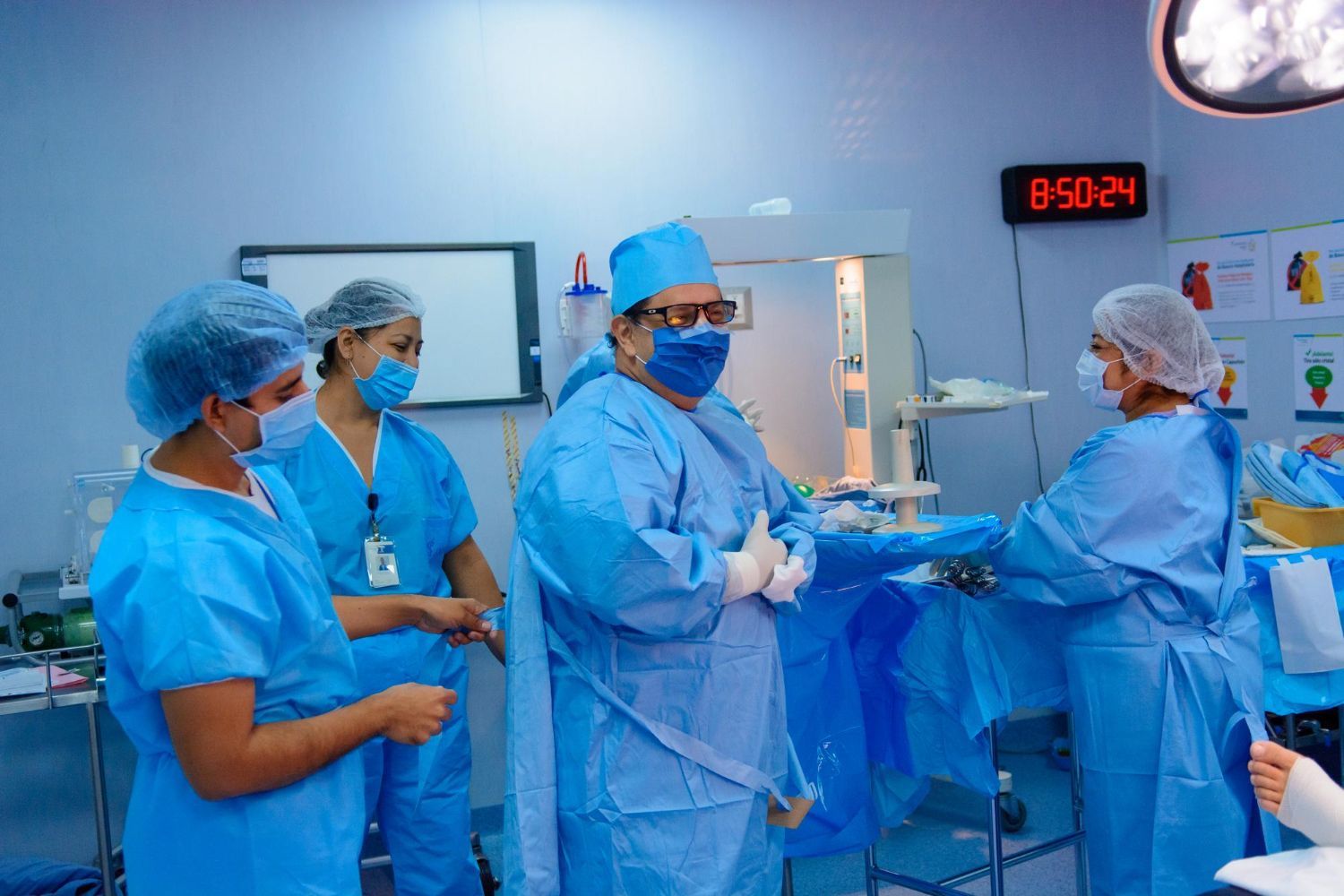Supporting regional theatre nursing: overcoming rural staffing challenges
Recruiting and retaining theatre nurses in regional and rural Australia has always been a challenge. Hospitals in these areas face geographical isolation, smaller talent pools, and limited access to professional development resources. For patients, this can mean longer waiting times and reduced access to specialised surgical care. For healthcare providers, maintaining a skilled and reliable theatre team is crucial to ensure safety, efficiency, and quality outcomes.
Dispatch Nursing Agency is committed to addressing these challenges by providing innovative staffing solutions, supporting nurses, and ensuring regional hospitals have the workforce they need to deliver high-quality surgical services.
The challenges of regional theatre nursing
Rural and regional hospitals often face unique staffing pressures:
- Limited talent pool: Smaller populations and fewer nursing graduates make recruitment difficult.
- Geographical barriers: Travel distances and relocation needs deter some nurses from accepting regional roles.
- Professional isolation: Fewer colleagues and limited access to continuing education can make rural practice challenging.
- Retention difficulties: Burnout, limited career progression, and lifestyle preferences contribute to high turnover.
These factors not only impact hospital operations but also patient care, making targeted staffing strategies essential.
Strategies for supporting regional theatre nurses
1. Flexible and itinerant staffing
One solution is offering flexible placements, allowing theatre nurses to work on a temporary or rotational basis. Itinerant staffing provides hospitals with skilled nurses during peak periods or for specific surgical procedures, while nurses benefit from flexibility and exposure to different clinical settings.
Dispatch Nursing Agency facilitates these placements by matching experienced theatre nurses to hospitals’ specific needs, ensuring continuity of care while supporting workforce mobility.
2. Travel and accommodation support
Practical barriers like long travel distances and relocation costs often discourage nurses from regional roles. Offering travel allowances, accommodation support, or subsidised housing can make these positions more attractive.
By addressing these logistical challenges, hospitals can attract skilled professionals, while nurses can maintain work–life balance without financial strain.
3. Remote onboarding and training
Continuing professional development is essential in theatre nursing, yet access to training can be limited in rural areas. Remote onboarding programs, online workshops, and virtual skills training enable nurses to stay up-to-date with surgical protocols, safety standards, and new technologies.
Dispatch Nursing Agency supports this approach, ensuring nurses working in regional hospitals receive the same level of preparation and skill development as their metropolitan counterparts.
4. Mentorship and peer support
Working in regional theatres can be isolating. Mentorship programs connect nurses with experienced colleagues, fostering professional growth and reducing the risk of burnout. Peer support networks also allow sharing of best practices and troubleshooting of clinical challenges, creating a more resilient workforce.
5. Career progression opportunities
Providing clear pathways for career development is critical for retention. Opportunities such as theatre coordination, clinical educator roles, or specialisation in advanced surgical techniques help retain skilled nurses in regional settings. Dispatch Nursing Agency partners with hospitals to support nurses in pursuing these career milestones.
Benefits for regional hospitals
Implementing these strategies offers multiple advantages for rural healthcare providers:
- Improved staffing reliability: Flexible and itinerant models reduce gaps in theatre coverage.
- Enhanced patient care: Skilled nurses ensure procedures are safe and efficient.
- Staff retention: Supportive programs, travel assistance, and career pathways improve satisfaction and reduce turnover.
- Professional development: Access to ongoing training and mentorship enhances staff competence and confidence.
Conclusion
Regional theatre nursing is critical to the health and wellbeing of rural communities, yet staffing these roles comes with unique challenges. By adopting flexible staffing models, providing travel and accommodation support, offering remote training, and supporting career development, hospitals can attract and retain skilled theatre nurses.
Dispatch Nursing Agency is committed to bridging this gap. Through tailored staffing solutions, professional development initiatives, and nurse-centred support, we help ensure regional hospitals have the workforce they need to deliver high-quality surgical care. Supporting theatre nurses in rural areas is not just about filling shifts—it’s about creating sustainable, resilient, and skilled teams that can provide safe and effective care to all patients, regardless of location.











